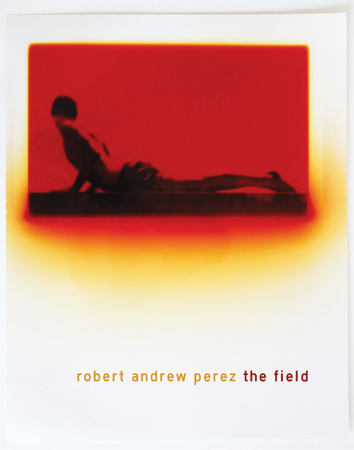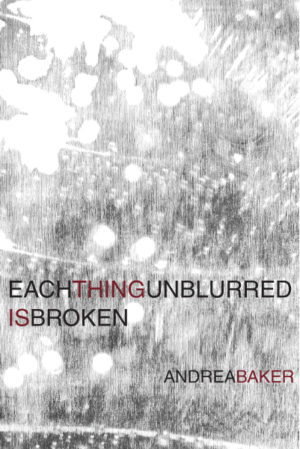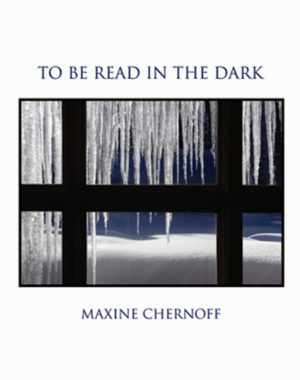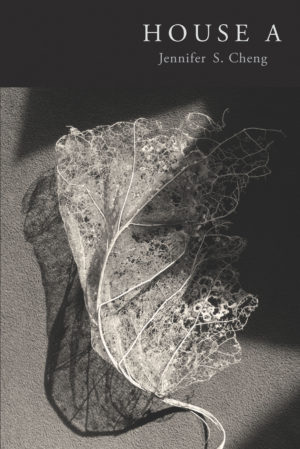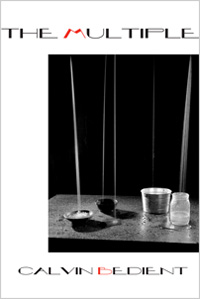Description
The Field traces the I across a constellation of lyric psychodramas, where the voice navigates the daily traumas of embodiment and the force majeure of the out-of-body experience. At its center, this first collection from Robert Andrew Perez is a curation of the perils of love in an age of persistent angst, or the virtues of love from a persistently anxious mind. This I in crisis posits itself in a multitude of lyric containers, vibrating in the tension of terror and ecstasy’s diametric vectors through the curses of memory, emotion and contemplation.
“A country without capital, the field is not a physical place but the gravitational force exerted by relationships. Tragedy and comedy sleep fitfully, side by side, in these poems. Filled with games and riddles, imbued with dream logic, it is a book of erasures and steganography (the hiding of secret messages in ordinary texts) … the field is a remarkable first book, embracing the lofty & mundane, the holy & the wholly profane…”
I can’t think of many contemporary poets who have so inventively taken up the tools Jack Spicer left lying around for us, but in The Field Robert Andrew Perez reminds us that poems can be games, can be riddles; that a book of poetry can read like a book of activities (“fill this box with stars”). But these poems are after the Beatles, after disco, after hip-hop and after grunge, after reality TV, after feminism, after psychedelia, after queer theory, after #YOLO, after AIDS. They are more Ovidian than Spicer was — “the void dissembles increments of blue / at itself” — and more trippy. They are deeply Californian poems, but you can take them with you anywhere: they are built to travel, sturdy and light. They let you watch them dancing in the bedroom, and napping on the beach. They’re both volatile and steady at the wheel, how does he do that? They are curious and fearless: “What is dark matter? What does dark matter?”
Chris Nealon
the field marks liminal borders threatening to enlarge into “states”. Thus, the logic of hypnopompia haunts, even overdetermines, the series of poems titled “hypnagogia logia,” conjuring the song of the goat (who, like Ophelia, cannot sing). The field locates itself somewhere between the worlds of of Hannah Weiner and John Berryman where the fitful dreams of freedom remain entangled in a nightmarish “forest of mirrors.” Under multiplying erasures—band, noun, novel, metaphor, etc.—and the multiplication of hes—desire collapses back into the world as such: “elegy is an elegy of elegy.” In such a world there is only the possibility of a “hand” pulling oneself across the chasm—the grave—of generalized, encrypted dissociation.
Tyrone Williams
Business hours for the poet Robert Andrew Perez include “mid nights we yield / to the meow of the web” and also “the present moment…the adjacency of the other city hums.” But research in the field is also part of the work, and Desire has a sign to hang in the storefront: Gone to “meet / a man about a verb.” What I like about these poems, these threshold studies, is that they understand and optimize the breakthrough of sentience, when “the vacuum / inside you breaks—you can finally / hear the lubdub without the interfering music // of rumination.”
Brian Blanchfield
The Field is possessed of an exquisite range. These poems feel like interrogations on the very element of poetry, offering a variety of ways in which it can be made manifest. It’s a voice strung out past the scale of glamour as in the writing of Rene Ricard or Gary Indiana’s few precious poems. Also present is a tighter fitting recurring measure that brings back shades of Gertrude Stein and her attendant undertow. You don’t really have to read The Field in the traditional sense. You simply fall into it and the voice rings back. I think there are rocks in my heart that only Robert’s voice can dissolve.
Cedar Sigo
About the Author
Reviews
Excerpt
Robert Andrew Perez lives in Berkeley. He is an associate editor for speCt!, a letterpress imprint based out of Oakland, where he also curates readings. He is a recipient of a Lannan prize and a Lambda Literary fellow. Recent work can be found in The Awl, OmniVerse, DIAGRAM and The Laurel Review.
Perez plays desire and its contingent emotions—ecstasy, obsession, anxiety—off of one another in this intimate debut collection, a lyrical portrait of 21st-century love, lovers, and loving…The poems address the reader, romantic partners, and the possibilities of telling love stories through poetry’s ability to assemble moments of solitude into expanses of vacancy and longing. Some of the book’s best lines come when love is displaced from the speaker’s mind by distraction, disquiet, or depression.
As a whole, Robert Andrew Perez’s “the field” is a dexterous manifesto of a self doing battle with the raw wit of the universe. These are vital poems of peerless originality. Perez’s voice is distinctive and true as he leads us to reflect on sexuality, race, and gender in new and uplifting ways.”
Sonja James, The Journal
erasure
my friends are writing poems for/about their kids, and here i am
still writing about fucking guys and fucking losing guys and fucking
loser guys and fucking loose guys, fucking losing loose, loser
guys. i do write about milk, but not breast milk. i’m more like
that dancing milk carton from the coffee and tv music video—at the end
i float to heaven with a strawberry milk carton, underscored by organ
music, except it’s hell. pre-fire, that is to say before the kiln, the shape
of the vase fully formed. formed fully and undone, my state, figuratively,
is pre-fire. i carry the threat of combustion; all i need is sapphire.
let’s think back to seeing nicole richie in a papasan in the westwood
urban outfitters. she corroborates my impulse to buy a blue jacket
i’ll never wear, but in that moment i feel the burn of stardom. no one
knows me or nicole anymore. the preeminent callipygian, kim kardashian,
smatters minstrelsy on paper. destiny’s progeny has a name for this:
jelly. we eat pulverized bone. purple is a flavor and grape is never
funny. with everything falling apart, why can’t the monolith of patriarchy?
just because i care, i can never write a good poem for womyn. i watch
shonda rimes because i care about race and gender. because i love soap.
to drop it. before i knew erasure did it first, i assumed wheatus wrote
the lines: i try to discover a little something to make me sweeter.
oh baby refrain from breaking my heart. anything successfully invisible is
also indelible. therefore i love him not. something partly loved, then,
is able to be smeared and eventually wiped clean away. the children
i never have and the poems i never write, therefore, i fully love them.

